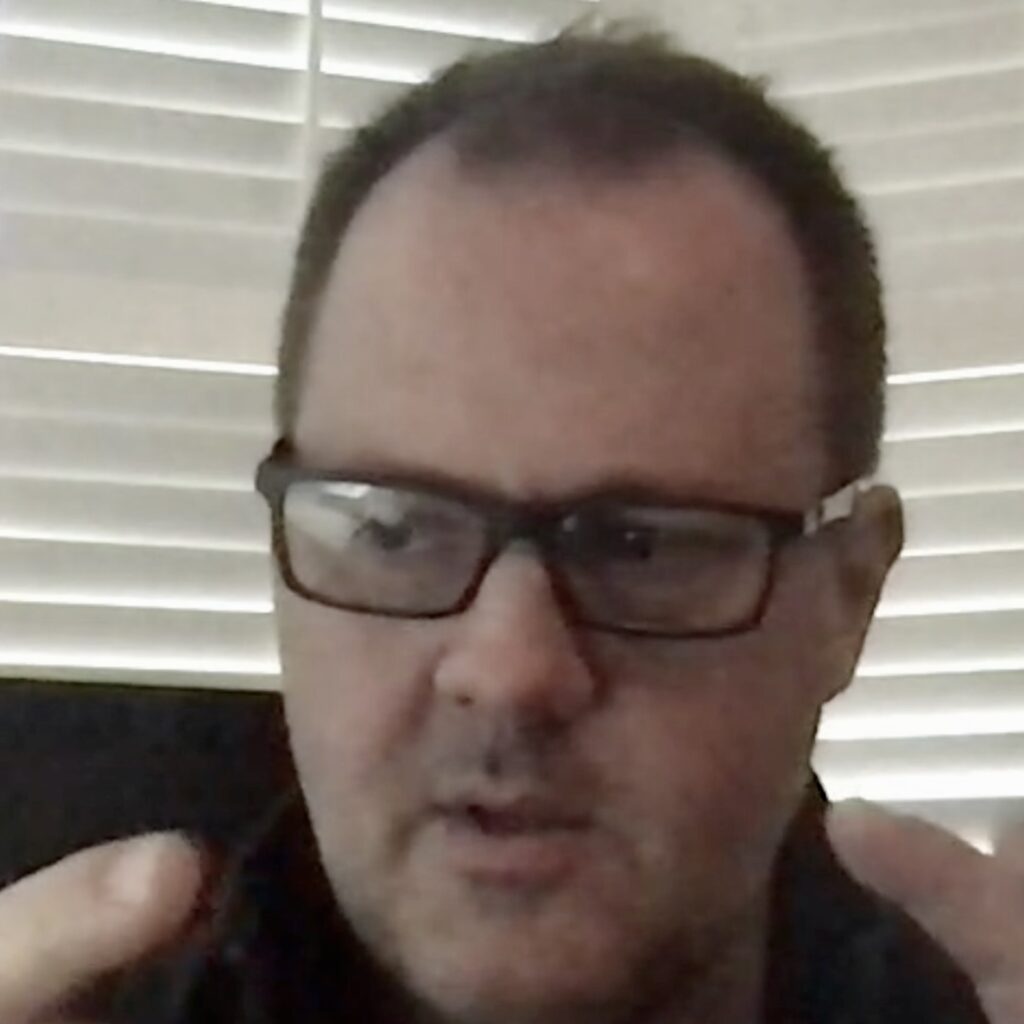Q&A with Andy Buck

Andy Buck is an emergency physician at the Royal Melbourne Hospital, one of Victoria’s major trauma centres. He is the director of the Emergency Trauma Management (ETM) course and sits on the ACEM Trauma Network executive.
At SSEM22, he’ll be facilitating the Trauma Masterclass workshop.
Questions and Answers
Why did you create ETM?
ETM appeared out of a real demonstrated need from a single case that happened in front of Amit Maini and me. We had a senior registrar whom I would happily have let treat my dying children. Very slick, just pre-fellowship. He asked if he could run a trauma case in front of us. We said sure. Off he went. He was all thumbs. Disjointed, disorganised, had trouble pulling it all together.
So what went wrong?
We said, have you done any trauma courses? He said yes, he’d done the main one. But it taught him this linear ABCD model. And the information was coming to him out of sequence. He had to deconstruct that model, and reconstruct it on the fly, in a really stressful situation. He coined this phrase, he said it was really cognitively inefficient.
He was talking about ATLS wasn’t he? Isn’t it good enough?
ATLS was born out of a very specific case, a very specific need. It was designed to teach people who had little or no trauma training a safe and structured model. But it is a linear, single operator model. It doesn’t work for modern trauma management, particularly in hospital or team-based situations.
So what is the daftest hangover from ATLS?
How do I keep it succinct? Giving saline… the management of traumatic cardiac arrest, still teaching CPR… the nipple as a landmark for chest decompression… The number one thing though, is failure to update or adapt to modern changes in trauma practice. Particularly, for me, a team based approach.
Isn’t there a risk of replacing old dogma with new dogma?
No because ETM is built on a model of flexibility, constant update and response to feedback. Our course has changed and evolved specifically in response to participant and instructor and course coordinator feedback. We are constantly surveying and analysing trauma literature to make sure that what we are teaching is the latest and best practice.
What is the most common cause of poor performance, in trauma resus?
Lack of exposure, and familiarity. Despite EDs being the places where 99% of traumas come first, it’s so spread out, so diluted with the advent of major trauma centres, you don’t have that daily exposure. It’s really hard for registrars to get hands-on experience. And that’s just the understanding of how to assess and treat injured patients. If you throw on the layers of team leading, system knowledge, expert level stuff, it’s even harder. Outside of major trauma centres.
What’s your favourite trauma trick?
Clearing C spines before patients hit a cubicle. If you don’t, you get a patient stuck in a bed in spinal precautions for hours, cracking the shits, wanting to go out for a smoke. The C spine clearance rules are pretty well validated. As long as someone senior and experienced is doing it, it can save huge amount of hassle, time in the department and frustration.
What’s the next big thing in trauma?
Understanding and management of trauma induced coagulopathy. The literature and science around that is exploding. To a point of complexity that people can’t understand or apply on a daily basis in a resus cubicle. But hopefully in the next couple of years that will start compacting into practically useful knowledge and skills.
Is TEG practical for emergency departments?
(pause)…As point of care machines get faster and easier to use its practicality will improve. The irony is, that the person you want it in, the one bleeding to death in front of you in resus, is the one you want out of the ED before the test result is back. Having said that, we are so siloed, we keep forgetting we are part of a continuous patient journey. Although you might not get the 15 minute complete ROTEM result, the anaesthetist who is about to start ordering blood will.
What’s your personal Achilles’ heel?
I’ve learned that anger comes from frustration and frustration comes from unmet needs and expectations. Learning to spot where you, and people you work with, are on that spectrum. If you ask my wife, or people that knew me earlier in my career… about my reactive ability at work… it was quite full on.
Have you got any irrational phobias?
Snakes. I fucking hate snakes. I can’t fucking stand them. If I ever wrong you, and you want to get back at me, don’t post an angry tweet. Don’t sue me. Just put a live snake in my bed, and I will have to be institutionalised.
Andy Buck will be facilitating at the Spring Seminar on Emergency Medicine, Noosa, 18-21 October. Facilitators will be thanked with a complimentary ticket to the reptile enclosure at Australia Zoo.
Spring Seminar on Emergency Medicine
Noosa, 18-21 October 2022
Jo is an emergency medicine specialist based on the Sunshine Coast. He has qualifications in high fidelity simulation, aeromedical retrieval and point of care ultrasound, and a special interest in educational videography | @FlippEM |
